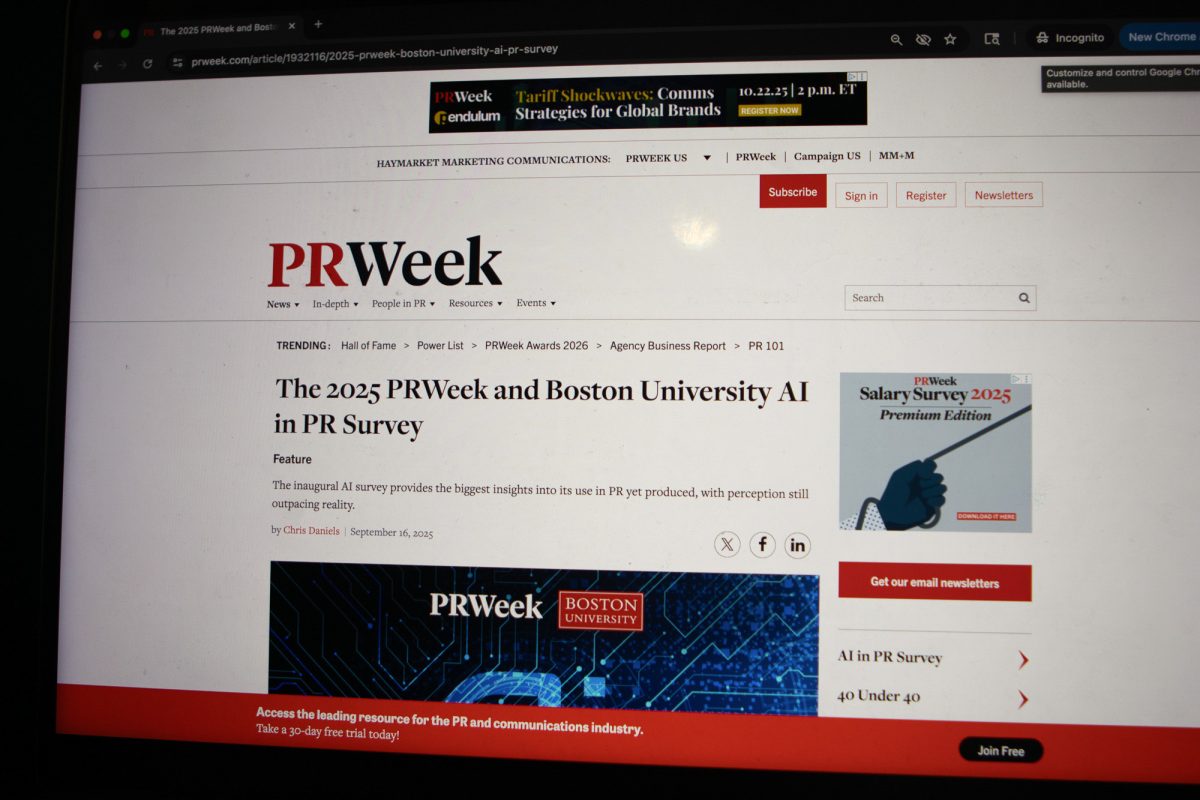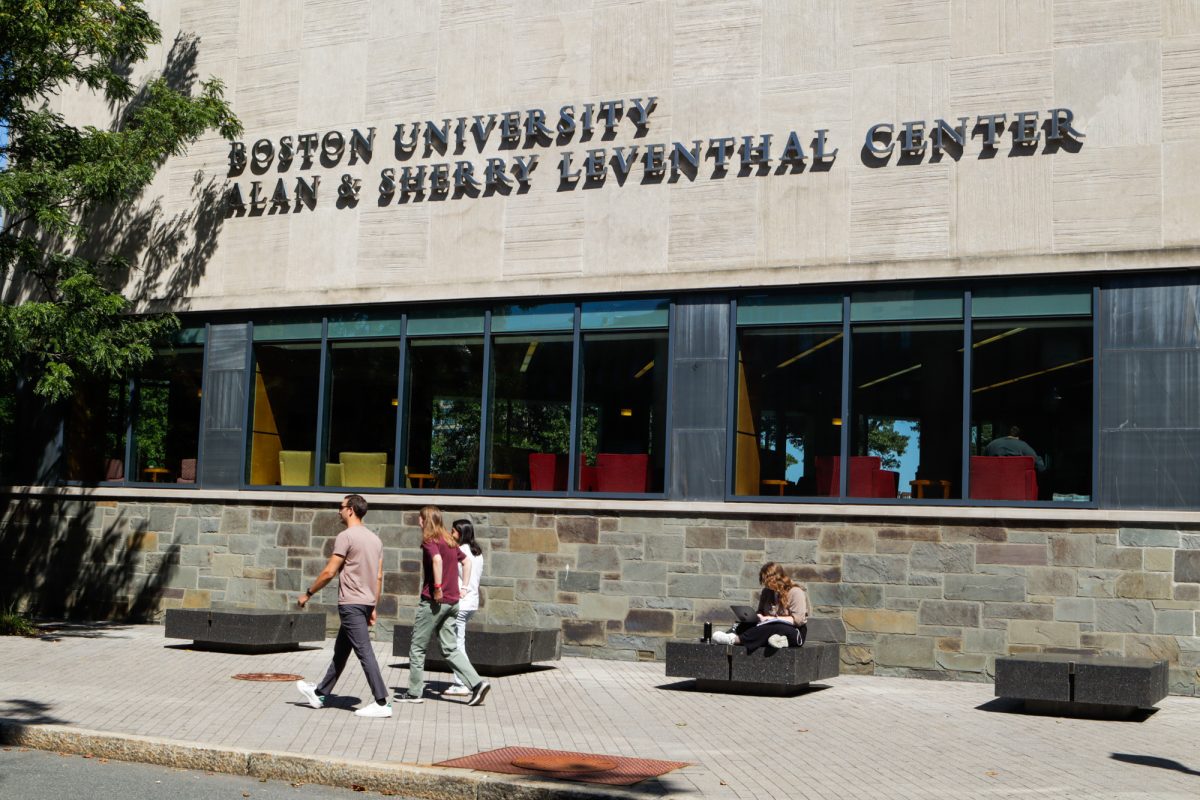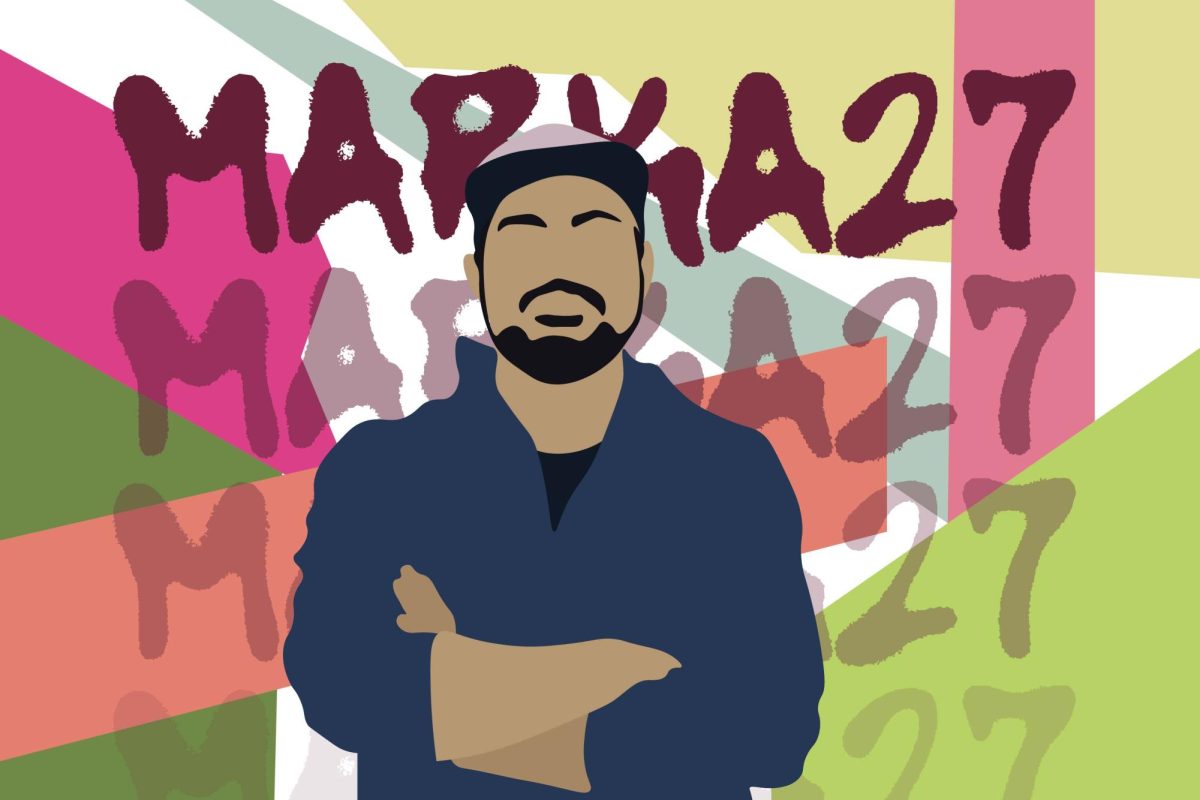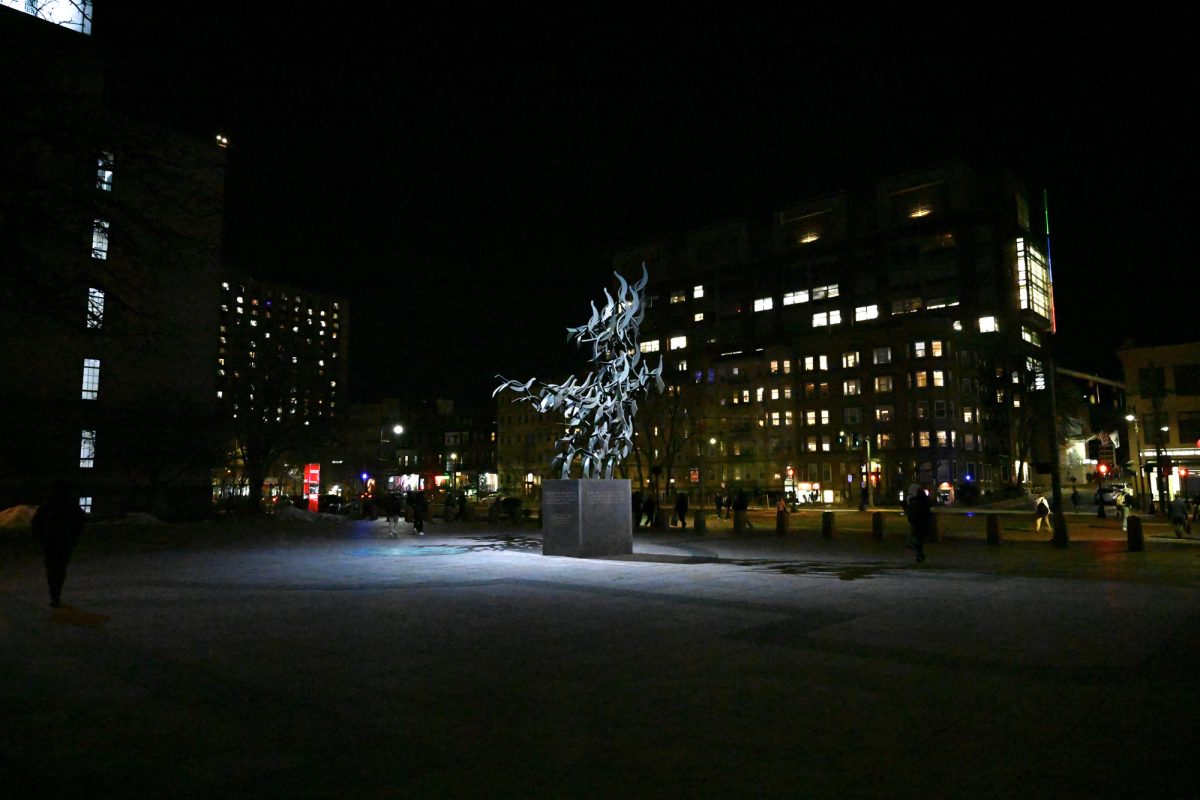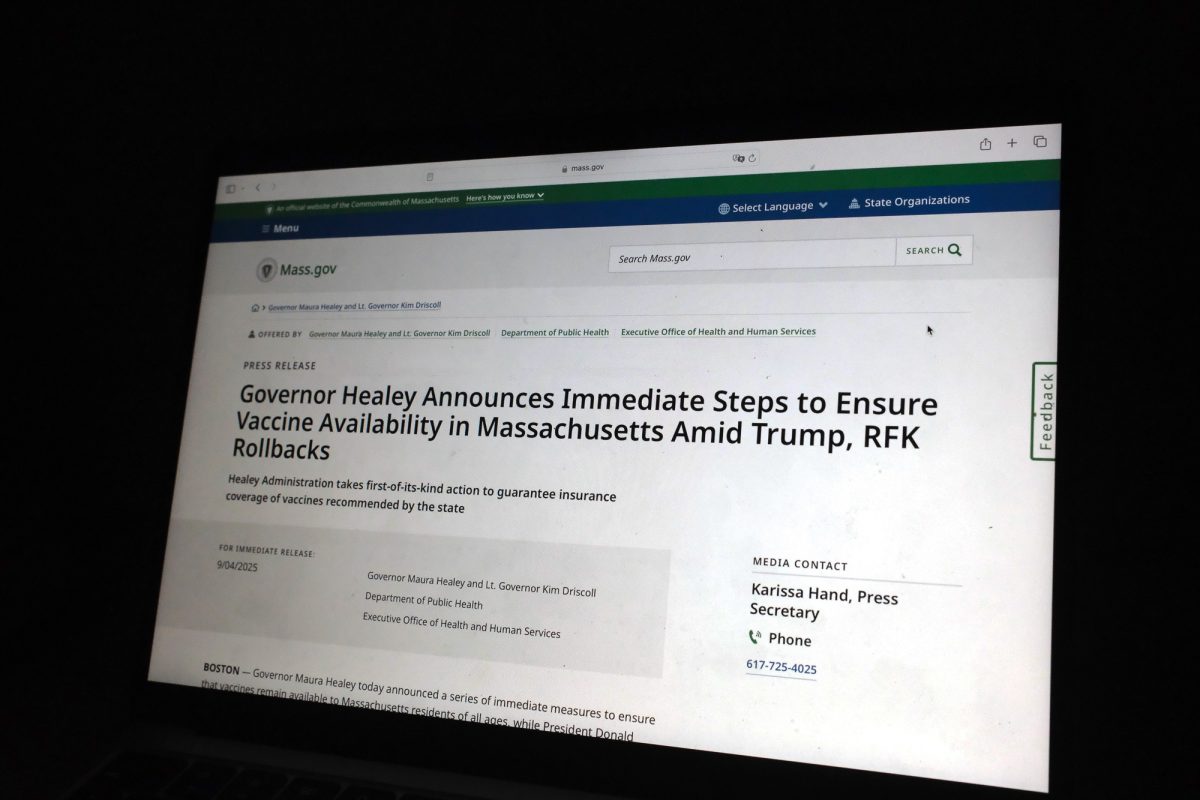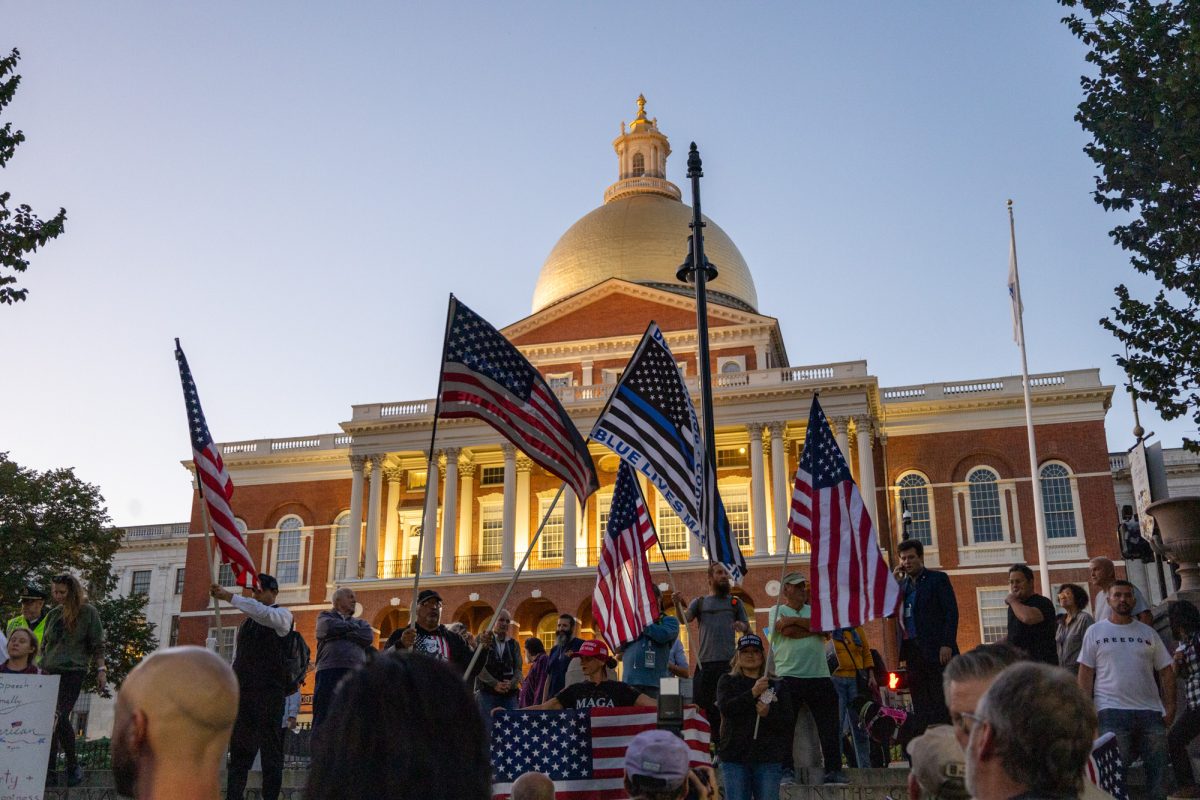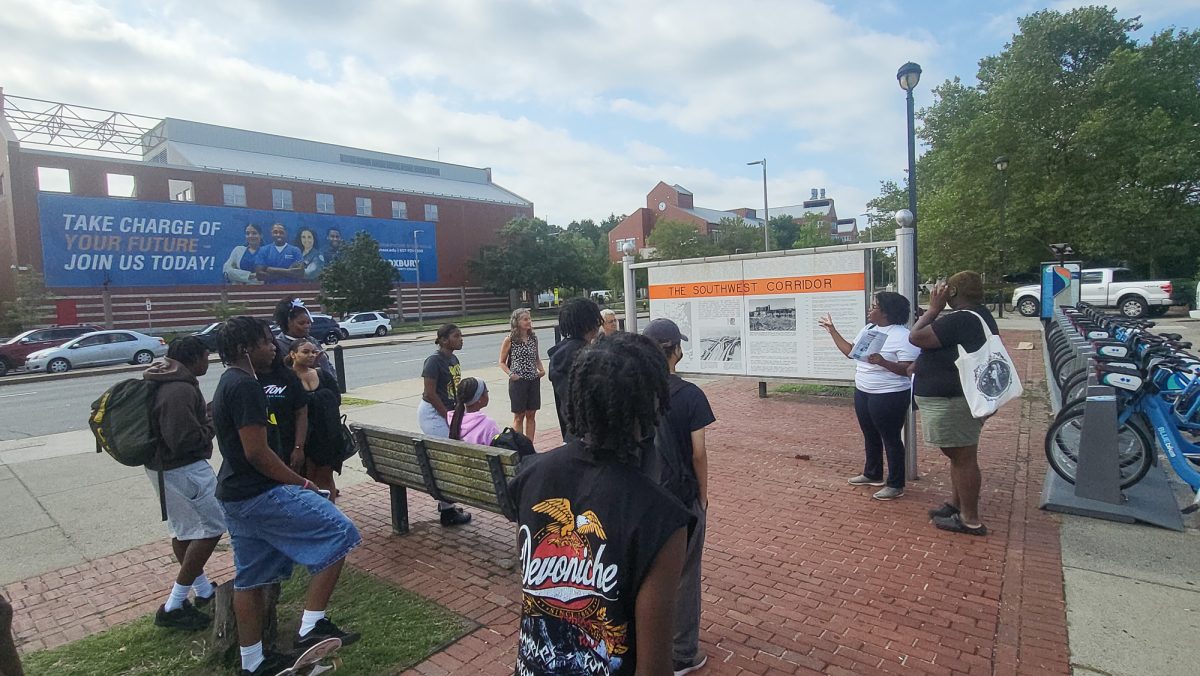The Boston University Student Government passed a referendum bill Monday allowing students to vote on three questions regarding University disclosure, divestment and reinvestment of funds after pro-Israel and pro-Palestine students discussed the bill’s language and impact.
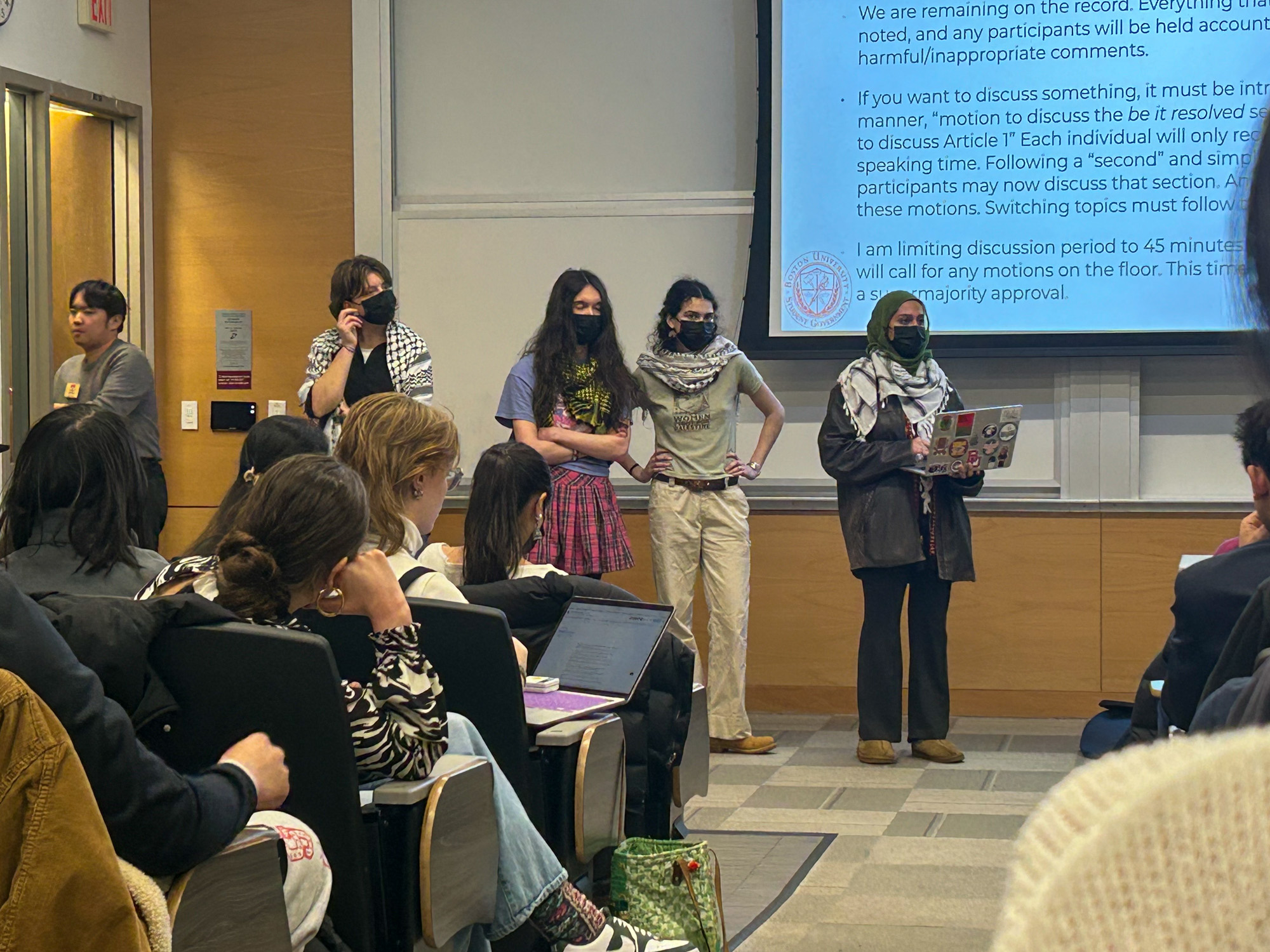
The referendum bill, offered by BU Students for Justice in Palestine, was passed with a 28 to 36 majority Monday night after StuGov members voted on motions to amend the language.
Voting on the bill will open Wednesday at 11:30 a.m. and close Monday at 5 p.m.
BU SJP members spoke about the potential impacts of the bill on Palestine and the student body. They said students deserve to know about the University’s investments and decide if their tuition money is allocated toward those investments.
BU has a $3.5 billion endowment from donors to support university operations and students. BU SJP wrote in an Instagram post about the bill that universities like BU have become similar to corporations by investing in industries “that raise ethical concerns,” including those linked to military technology, surveillance technology and private equity.
“As students, we deserve to know how much of our education is funded by investments that kill,” one BU SJP member said. “As students and the faces of this university, our student body deserves the right to cast their vote on the issues of disclosure, divestment and reinvestment.”
Junior Axel Blumberg is not a member of BU SJP but attended because it is “kind of scary that so much of these investments are undisclosed.” He said he has been vocal about Palestine for several years and hopes the bill will drive the University to make a statement.
“We, as students, want to know what our money is going towards,” Blumberg said. “It was so important that so many people showed up today on both sides. I guess it’s good to have an open discussion.”
BU Hillel emailed an open letter to students before the Monday meeting, written by BUSI Co-Presidents Guy Starr and Dana Mansori. The statement expresses concern over the bill, saying it singles out Israel and fails to mention the Hamas attack on Israel Oct. 7, 2023.
The statement states the bill risks violating the International Holocaust Remembrance Alliance definition of antisemitism.
“Last year, the BU Student Government adopted the IHRA definition and now is ignoring it,” the statement says. “The only purpose this bill serves is to create tension and hostility toward Jewish students on campus — which is already a major problem.”
StuGov President Akwasi Antwi opened the meeting and said the meeting would be a forum with lively discussion, and hate of any kind would not be tolerated.
One BU SJP member said the referendum vote “is designed to focus on human conscience,” and urged the senators to give them the power to gauge where the student body lies on the divestment issue by giving students a voice.
During the open discussion, pro-Palestine and pro-Israel students joined StuGov to discuss the bill’s language, such as repeated mentions of the phrase “human rights violations” and the word “Israel.”
“By focusing on one thing, we are marginalizing and creating an environment that forces Jews on campus, such as myself and many here, to feel uncomfortable and feel attacked in a way because it’s going after a specific group,” one senator said.
Another BU SJP member said the bill “is not just a question about Israel,” but one about the military industrial complex, the prison industry and more companies the University invests in “that constantly commit heinous acts.”
Starr, also a StuGov senator, said the language of the bill’s second and third questions “turned the purpose away to focusing on demonizing Israel and focusing on Israel as a whole.”
Starr said he didn’t think the last two questions were necessary if the stated purpose of the bill was to inform students where their money is going.
One senator said the third question of reinvestment is not intended to “single out Palestinians” as the only beneficiary of reinvestment, but it is meant to go towards the broader local community.
“This type of reinvestment is necessary in order to progress in a more equitable society,” they said.
Following the discussion, StuGov members amended the first question of the bill two times, and the amendments were voted on by the majority of the elected students, Antwi said.
Blumberg said he thought the amendments to the first question were “fair” but that “more specificity is better than less,” so he preferred the bill’s original wording.
Antwi said StuGov will be in communication with students concerned about the bill and is open to criticism.
“Student Government is always going to be a resource for all students, regardless of whether or not we vote for what they want,” Antwi said.
Tavishi Chattopadhyay contributed reporting.
CORRECTION: A previous version of this article said the referendum bill called for the University to disclose “Middle Eastern” investments, did not include quotes from BU Students for Justice in Palestine and implied the last two questions of the bill were amended. The updated article reflects this change.




